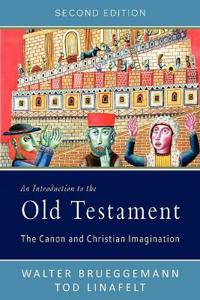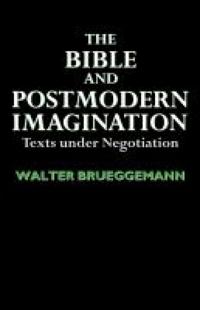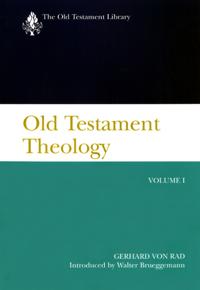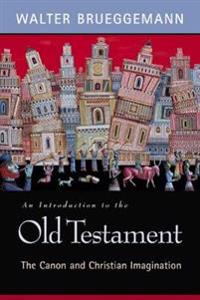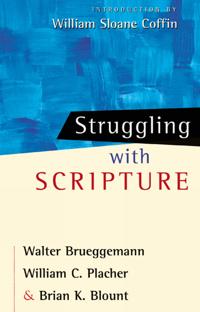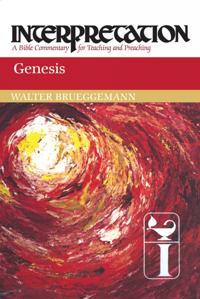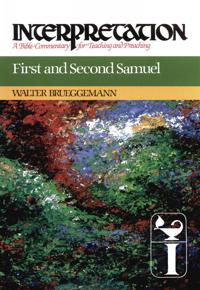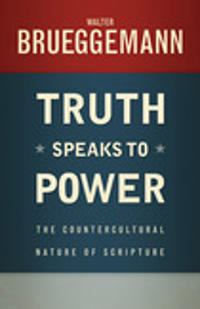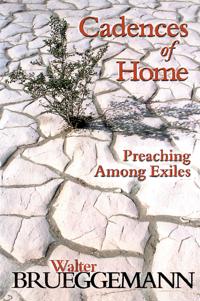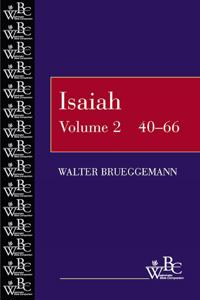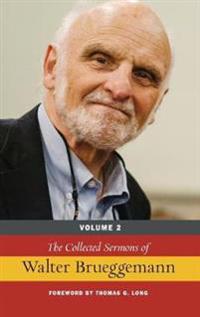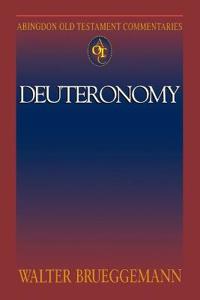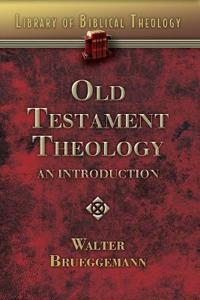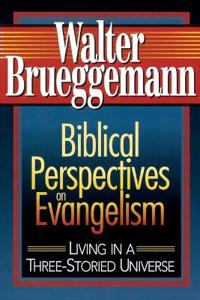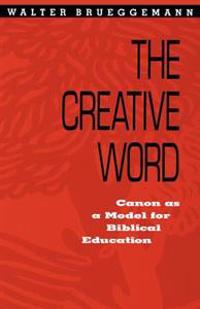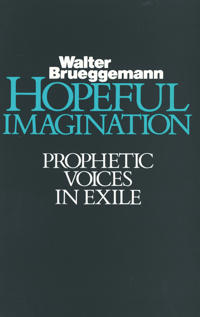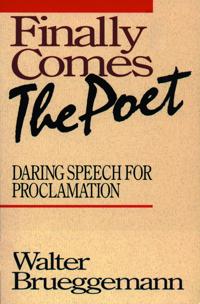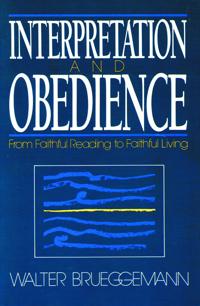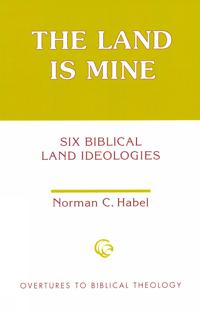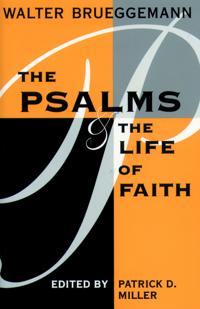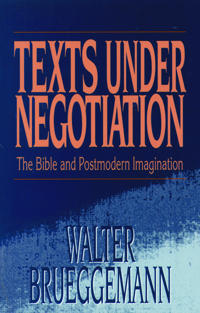The Collected Sermons of Walter Brueggemann (Häftad)
avWalter Brueggemann
ISBN: 9780664239121 - UTGIVEN: 201109In addition to being one of the world's leading interpreters of the Old Testament, Walter Brueggemann is a skilled and beloved preacher. This collection of sermons demonstrates Brueggemann's fidelity to biblical texts, which come alive with meaning in our contemporary world. Throughout, Brueggemann [...]
An Introduction to the Old Testament (Pocket)
avWalter Brueggemann, Tod Linafelt, Walter Brueggemann
ISBN: 9780664234584 - UTGIVEN: 201207In this updated edition of the popular textbook, Walter Brueggemann and Tod Linafelt introduce the reader to the broad theological scope of the Old Testament, treating some of the most important issues and methods in contemporary biblical interpretation. This clearly written textbook focuses on the [...]
Bible and Postmodern Imagination (Häftad)
avWalter Brueggemann
ISBN: 9780334001034 - UTGIVEN: 201205Psalms (Pocket)
avWalter Brueggemann, Patrick D. Miller
ISBN: 9780521600767 - UTGIVEN: 2013-10-31This text introduces the book of Psalms and provides an exposition of each psalm with attention to genre, liturgical connections, and societal issues.[...]
The Theology of the Book of Jeremiah (Pocket)
avWalter Brueggemann
ISBN: 9780521606295 - UTGIVEN: 2006-11-30Psalms (Inbunden)
avWalter Brueggemann, Patrick D. Miller
ISBN: 9780521840927 - UTGIVEN: 2013-10-31This text introduces the book of Psalms and provides an exposition of each psalm with attention to genre, liturgical connections, and societal issues.[...]
Old Testament Theology (Häftad)
avGerhard Von Rad, D. M. G. Stalker, Walter Brueggemann
ISBN: 9780664224073 - UTGIVEN: 200108This republication of a classic work contains a new introduction by Walter Brueggemann that places Gerhard von Rad's work within the context of German theology, Old Testament theology, and the history of interpretation of the Old Testament. In Old Testament Theology, von Rad applies the most advance[...]
An Introduction to the Old Testament (Pocket)
avWalter Brueggemann
ISBN: 9780664224127 - UTGIVEN: 200311In this book Walter Brueggemann, America's premier biblical theologian, introduces the reader to the broad theological scope and chronological sweep of the Old Testament. He covers every book of the Old Testament in the order in which it appears in the Hebrew Bible and treats the most important issu[...]
Struggling with Scripture (Häftad)
avWalter Brueggemann, William C. Placher, Brian K. Blount
ISBN: 9780664224851 - UTGIVEN: 200203Challenging the traditional meaning of Scripture is not easy, even in the face of issues that call into question those traditional interpretations. In these reflections, Walter Brueggemann says that the Bible, as the live word of the living God, will not submit to the accounts we prefer to give it. [...]
Genesis (Häftad)
avWalter Brueggemann
ISBN: 9780664234379 - UTGIVEN: 201003In his clear and readable, style Walter Brueggemann presents Genesis as a single book set within the context of the whole of biblical revelation. He sees his task as bringing the text close to the faith and ministry of the church. He interprets Genesis as a proclamation of God's decisive dealing wit[...]
First and Second Samuel (Pocket)
avWalter Brueggemann
ISBN: 9780664238681 - UTGIVEN: 201209With critical scholarship and theological sensitivity, Walter Brueggemann traces the people of God through the books of Samuel as they shift from marginalized tribalism to oppressive monarchy. He carefully opens the literature of the books, sketching a narrative filled with historical realism but al[...]
Truth Speaks to Power (Häftad)
avWalter Brueggemann
ISBN: 9780664239145 - UTGIVEN: 201302World-renowned biblical interpreter Walter Brueggemann invites readers to take a closer look at the subversive messages found within the Old Testament. Brueggemann asserts that the Bible presents a "sustained contestation" over truth, in which established institutions of power do not always prevail.[...]
Cadences of Home (Pocket)
avWalter Brueggemann
ISBN: 9780664257491 - UTGIVEN: 1997-10Many of today's churchgoers wander in a world that was once structured and reliable, but now feels meaningless and incoherent. In this book, Walter Brueggemann argues for a dynamic transformation of preaching to help people find their spiritual home and to proclaim to the world that there is a home [...]
Isaiah 40-66 (Pocket)
avWalter Brueggemann
ISBN: 9780664257910 - UTGIVEN: 199810In this volume, Walter Brueggemann focuses on Second Isaiah (Isaiah 40-55), believed to be written by a second exilic poet, and Third Isaiah (Isaiah 56-66), a third group of texts that rearticulate Isaianic theology in yet another faith situation. Brueggemann discusses both the distinctiveness of th[...]
The Collected Sermons of Walter Brueggemann
ISBN: 9780664260415 - UTGIVEN: 2015-03This collection presents over fifty powerful sermons from one of the most trusted preachers today, Walter Brueggemann. In it, Brueggemann continues his task of making the biblical text available to the church. He sees preaching as a performance of God's good rule that, in an act of utterance and rec[...]
Deuteronomy (Häftad)
avWalter Brueggemann
ISBN: 9780687084715 - UTGIVEN: 200111"Brueggemann takes full account of the most important current scholarship and secondary literature, while not attempting to summarize that literature or to engage in technical academic debate. The fundamental concern of this and every volume is analysis and discussion of the literary, socio-historic[...]
Biblical Perspectives on Evangelism (Häftad)
avWalter Brueggemann
ISBN: 9780687412334 - UTGIVEN: 195901Creative Word (Häftad)
avWalter Brueggemann
ISBN: 9780800616267 - UTGIVEN: 195901The author analyzes the theology and function of the three divisions of the Hebrew Bible: Torah, Prophets, and Writings.[...]
Hopeful Imagination (Pocket)
avWalter Brueggemann
ISBN: 9780800619251 - UTGIVEN: 1986-10Professor Brueggemann here examines the literature and experience of an era in which Israel's prophets faced the pastoral responsibility of helping people to enter into exile, to be in exile, and to depart out of exile. He addresses three major prophetic traditions: Jeremiah (the pathos of God), Eze[...]
Interpretation and Obedience (Häftad)
avWalter Brueggemann
ISBN: 9780800624781 - UTGIVEN: 1959-01IN
The Land is Mine (Pocket)
avNorman C. Habel, Walter Brueggemann, Norman C. Habel
ISBN: 9780800626648 - UTGIVEN: 1995-04Norman C. Habel examines the "theology of land" as it is reflected in the Old Testament. He identifies six separate ideologies in the Bible: Royal, agrarian, theocratic, ancestral, household, and immigrant. This study has special pertinence for our times.[...]
The Psalms and the Life of Faith (Häftad)
avWalter Brueggemann
ISBN: 9780800627331 - UTGIVEN: 195901Walter Brueggemann's unique gift of joining historical-exegetical insights to penetrating observations about the traumas and joys of contemporary life both personal and social is here forcefully displayed. Everyone who is familiar with his work knows the power of his speech about "doxological, polem[...]
Texts Under Negotiation (Kassett)
avWalter Brueggemann
ISBN: 9780800627362 - UTGIVEN: 195901Old assumptions - rational, objectivist, absolutist - have for the most part given way to new outlooks, which can be grouped under the term postmodern. What does this new situation imply for the church and for Christian proclamation? Can one find in this new situation opportunity as well as dilemma?[...]


